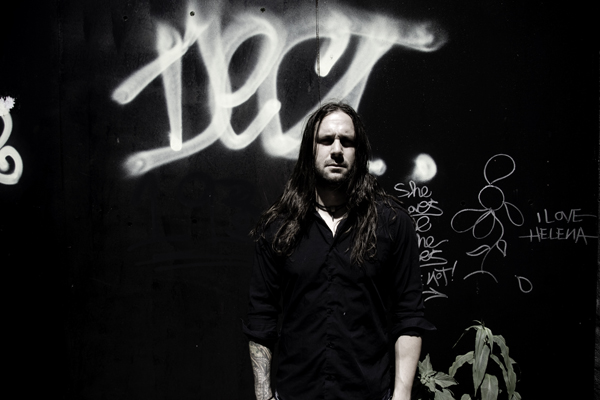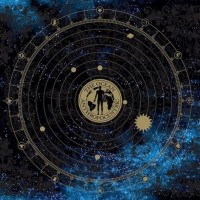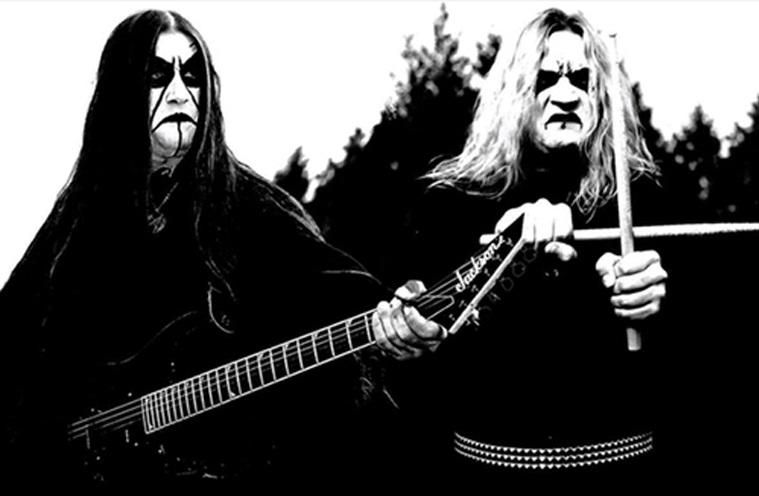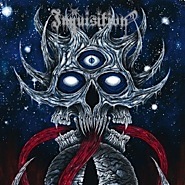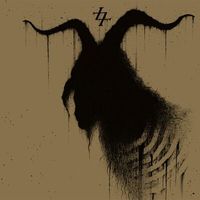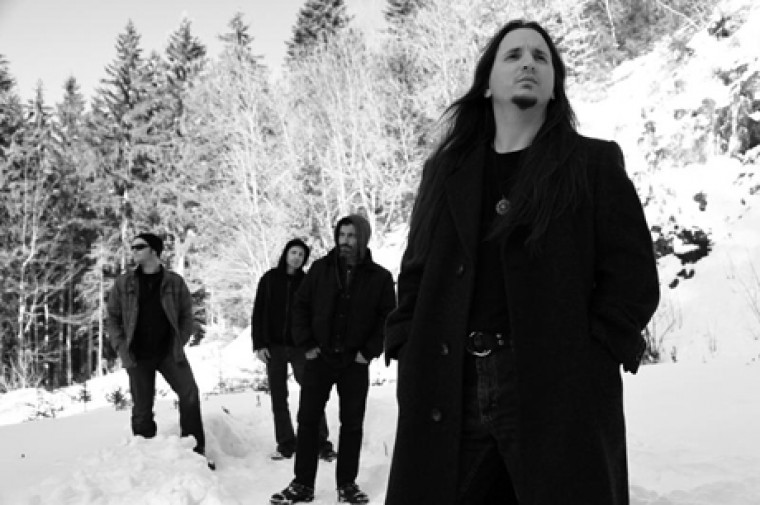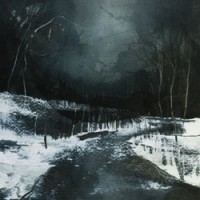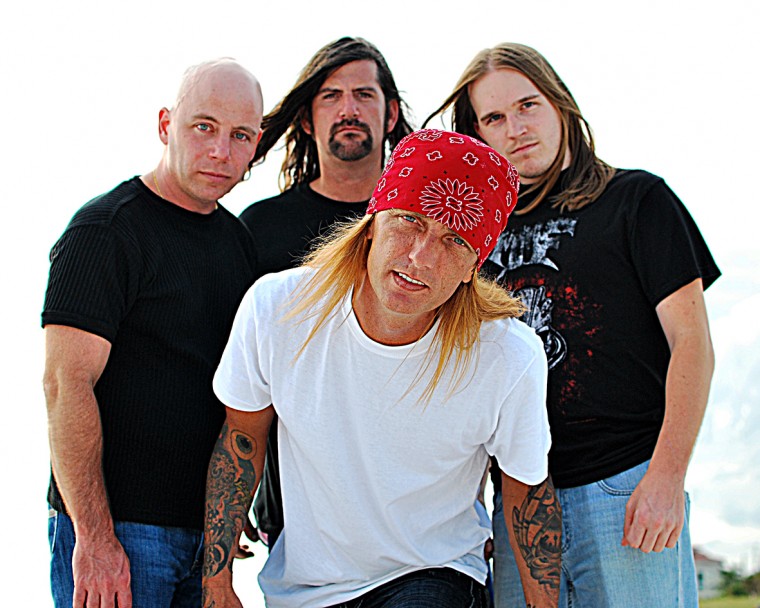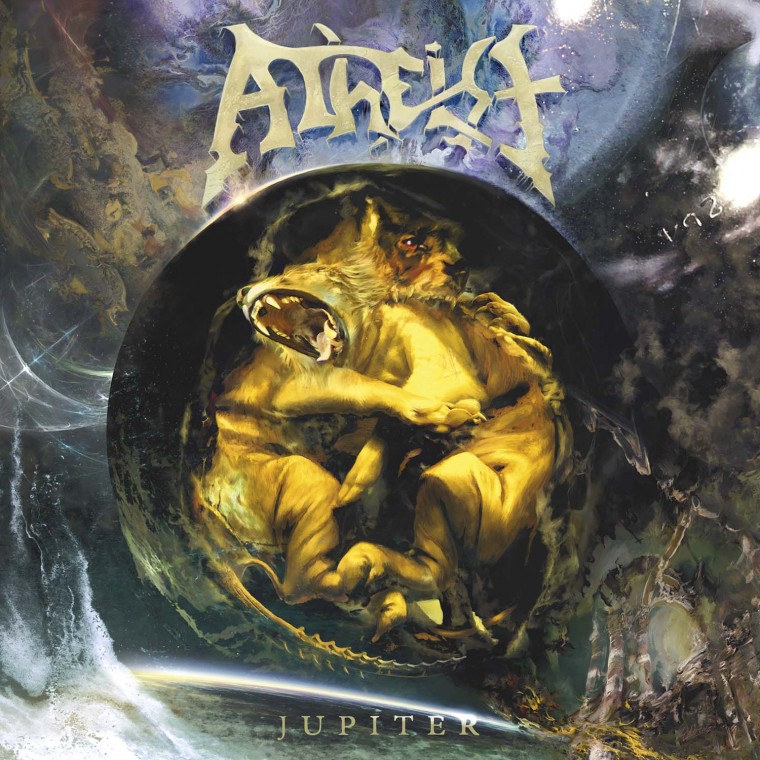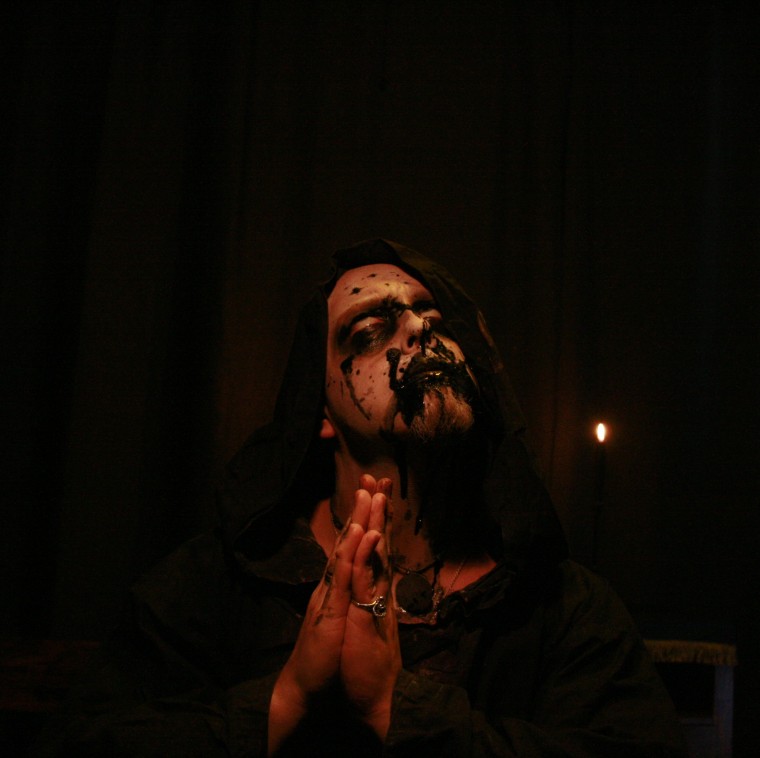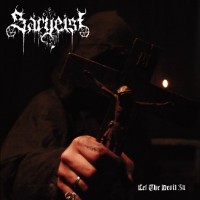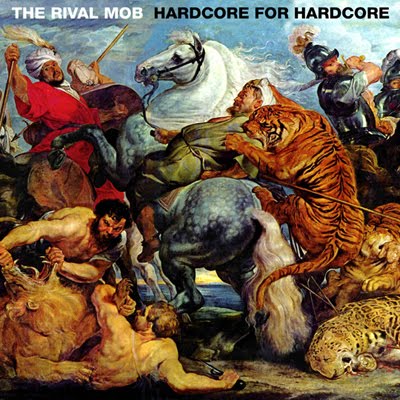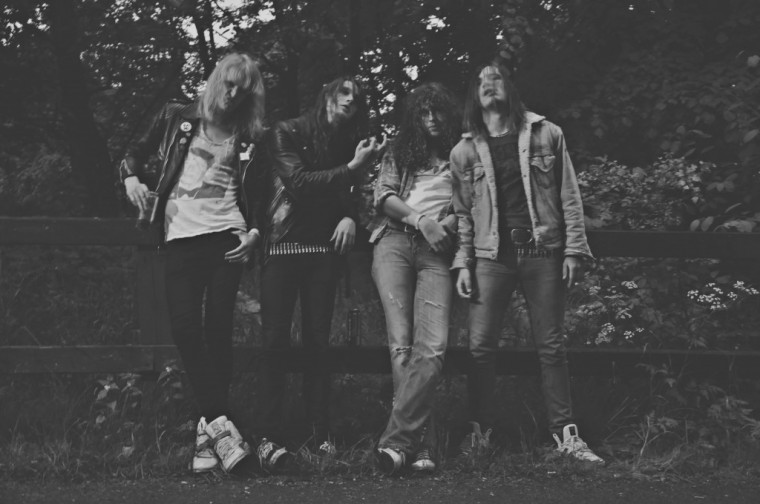Every Friday, The Metal Examiner delves metal’s endless depths to present the genre’s most important and exciting albums.
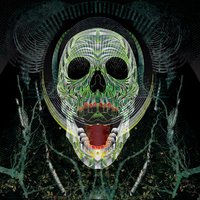 Bruce Lamont: Feral Songs for the Epic Decline (At a Loss, 1/25/11)
Bruce Lamont: Feral Songs for the Epic Decline (At a Loss, 1/25/11)
Bruce Lamont: “2 Then The 3”
[audio:https://alarm-magazine.com/wp-content/uploads/2010/12/07-2-Then-The-3.mp3|titles=Bruce Lamont: “2 Then The 3”]
Having spent a decade as the voice and one-man horn section of post-metal outfit Yakuza, Bruce Lamont’s name has become synonymous with “metal plus saxophone,” an all-too-oversimplified yet all-too-useful shorthand description of that band’s output. But outside of his main group, Lamont has readily (and more frequently) contributed to a number of distinctly non-metal productions, resulting in a body of work that has little in common, sonically speaking, with his most commonly identified (and most actively self-identified) act.
With Feral Songs For The Epic Decline, Lamont’s first proper solo album, the elements that he has always brought to the table remain fully intact, yet never in a predictable way. Though the foreboding atmospherics persist, Lamont has foregone most conventions of common (and even uncommon) metal and assembled something closer to the spaced-out soundtrack to some kind of indescribable psychological nightmare: less physical aggression but considerably more mental warfare.
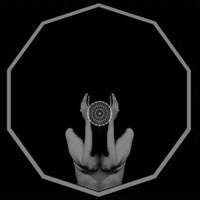 Theologian: The Further I Get From Your Star, The Less Light I Feel On My Face (Crucial Blast, 11/9/10)
Theologian: The Further I Get From Your Star, The Less Light I Feel On My Face (Crucial Blast, 11/9/10)
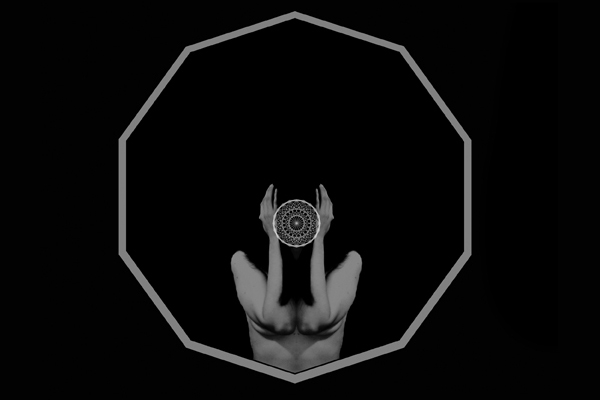
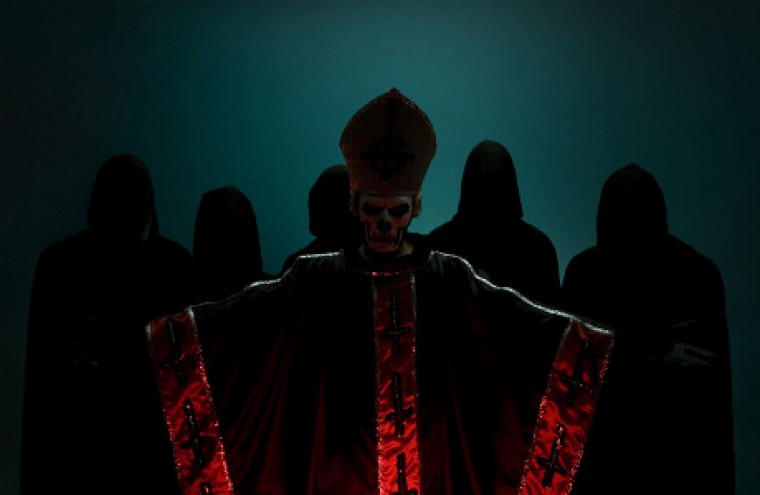
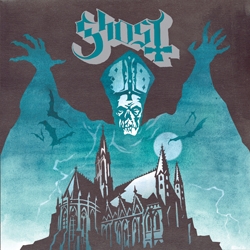 Ghost
Ghost